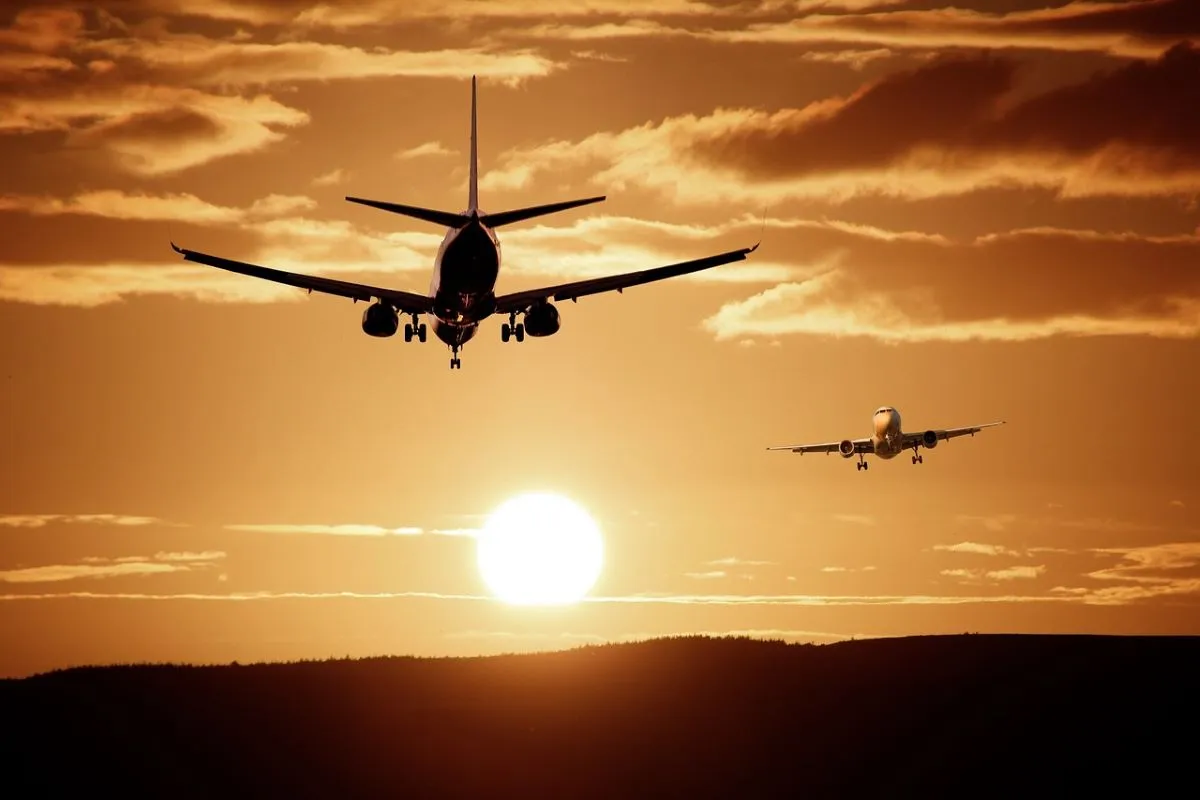Flight Meltdowns Are Biggest Airline Story of The Year
Skift Take

Skift Daily Briefing Podcast
Listen to the day’s top travel stories in under four minutes every weekday.Good morning from Skift. It’s Friday, December 30, and here’s what you need to know about the business of travel today.
Listen Now
🎧 Subscribe
Apple Podcasts | Spotify | Overcast | Google Podcasts
Episode Notes
In hindsight, the airline industry should have known the mess that became air travel in 2022 was coming, writes Edward Russell, editor of Airline Weekly, a Skift brand. Airlines kicked off the year canceling tens of thousands of flights amid the surge in Omicron variant cases that kept crews at home, and travelers on the ground.
Russell characterizes the meltdown by airlines, which continued on last summer with flight cancellations and delays, as the most important story impacting the industry this past year. Of course, the recent debacle with Southwest Airlines over the holidays showed it continues to dog the industry.
Russell recounts that Delta CEO Ed Bastian wrote this in a foreboding staff memo on New Year’s Day of 2022. “The environment we’re navigating is among the most difficult we’ve faced.”
Despite that warning, many in the industry believed that most of the issues would be righted by summer. Yes, the U.S. pilot shortage would mean fewer flights than in 2019, particularly to smaller cities. And other constraints, like the availability of new aircraft, could also pose some limits. Airlines were not expected to make a full recovery but they were forecast to get close. So much for that.
Next, India is making a Covid PCR test mandatory for inbound arrivals from China, Singapore, Hong Kong, Thailand, Japan, and South Korea, from January, reports Peden Doma Bhutia, Asia Editor. She highlights this as the latest new measures being put in place by countries across the globe for Chinese travelers under new relaxed travel rules.
Passengers arriving in India from any of these six countries would be required to upload results of tests not older than 72 hours before departure along with a self-declaration on the Air Suvidha portal.
Launched in August 2020 for international passengers to submit a self-declaration of their health status, the Air Suvidha portal, a digital health and travel document, had been discontinued in November this year.
Fearing another Covid surge, India had been conducting random tests of around 2 percent of international passengers flying into the country.
We end with Skift Research Director Wouter Geerts highlighting some of the most popular reports his team produced in 2022. He writes that “the big trends in the industry guide us in choosing the topics we cover, and our readers, through their reading and feedback, tell us which reports and topics hit the mark in 2022.”
Among the hot topics Skift Research took on for its subscribers were sustainability and remote work shaping the future of travel, Google’s impact on travel and venture investment trends in travel, to name just three.





